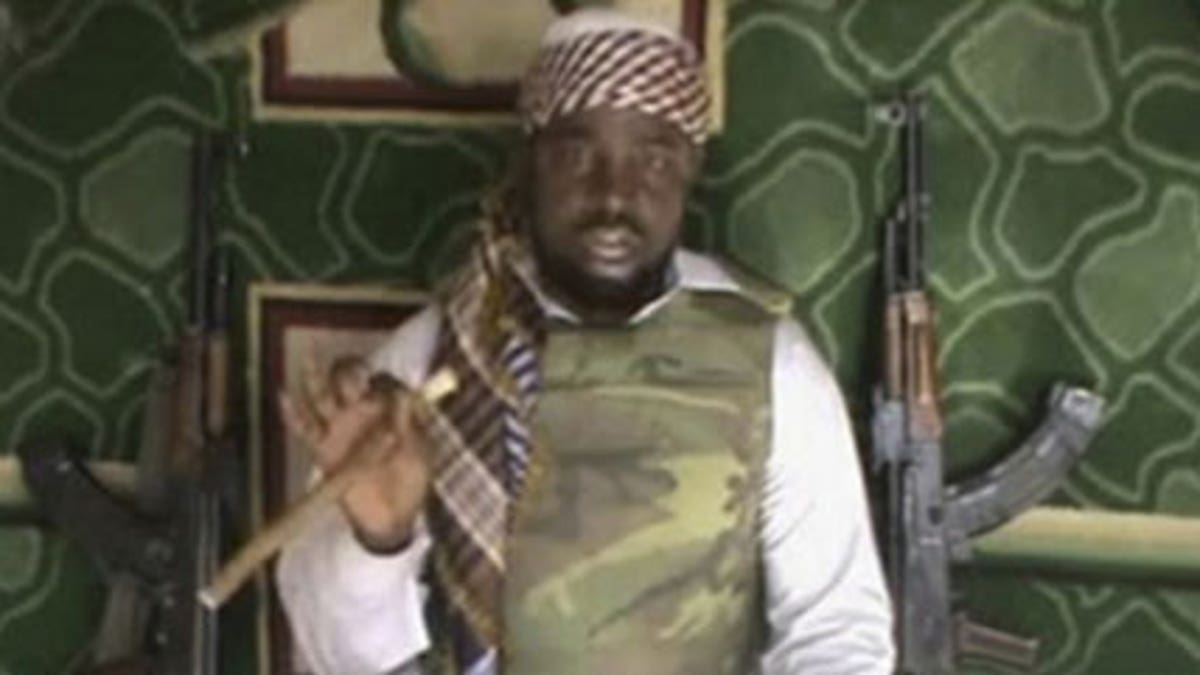
(Military.com)
Defense Secretary Chuck Hagel on Sunday ruled out sending Special Forces to Nigeria in the hunt for the kidnapped schoolgirls.
"I think you look at everything," Hagel said when asked about the possible dispatch of special operators. "But there's no intention, at this point, to be putting any American boots on the ground there."
Finding and rescuing more than 200 girls aged 16-18 who were abducted on April 14 by the Boko Haram terror group will be difficult, Hagel said on ABC's "This Week" program.
"It's a vast country," Hagel said. "But we're going to bring to bear every asset we can possibly use to help the Nigerian government."
Eight troops from U.S. Africa Command have arrived in Abuja, the Nigerian capital, to join an inter-agency team working out of the U.S. Embassy to assist the Nigerian forces with intelligence, communications and logistics in the search for the girls, Pentagon officials said.
The team includes hostage negotiators from the FBI, the State Department said. Britain and France have also sent small military teams to assist the government of President Goodluck Jonathan.
On Friday, Hagel met at the Pentagon with Army Gen. David Rodriguez, head of Africa Command, and separately with DoD Africa specialists on the limited U.S. military options for aiding in the search for the girls, who were taken from their school in Nigeria's northeastern Borno state, Pentagon officials said.
In a statement, Rear Adm. John Kirby, the Pentagon press secretary, said the meetings also focused on giving Hagel "a sense of what we know about the kidnapping and Boko Haram's activities in the region."
The U.S. can provide technical assistance and advice to the Nigerian security forces, but the Nigerians have to ask first before the U.S. can get more involved, said John Campbell, the former U.S. ambassador to Nigeria.
"For the U.S. to do anything requires the request and acquiescence of the Nigerian government," Campbell said on "Fox News Sunday," and Nigeria traditionally has been reluctant to ask for help.
With a population of nearly 180 million and an oil-fueled economy, "Nigeria traditionally views itself as the giant of Africa. Nigeria looks to help, not be helped," Campbell said.
In an unusual move, First Lady Michelle Obama for the first time gave the president's weekly radio address on Saturday to call attention to the plight of the girls.
"This unconscionable act was committed by a terrorist group determined to keep these girls from getting an education -- grown men attempting to snuff out the aspirations of young girls," Mrs. Obama said.
In northeastern Nigeria, Islamic extremists from Boko Haram on Friday blew up a bridge, killed an unknown number of people and abducted the wife and two children of a retired police officer, the Associated Press reported.
Former Nigerian military ruler Gen. Ibrahim Babangida urged the country's Muslims to rise up against Boko Haram.
"Islam enjoins you to live peacefully with fellow human beings," Babangida said. "Muslims should also do everything possible to stop this continued blackmail against the religion of Islam," Babangida told the BBC's Hausa Service. Hausa is the language widely used in northeast Nigeria.
-- Richard Sisk can be reached at Richard.Sisk@monster.com.








































